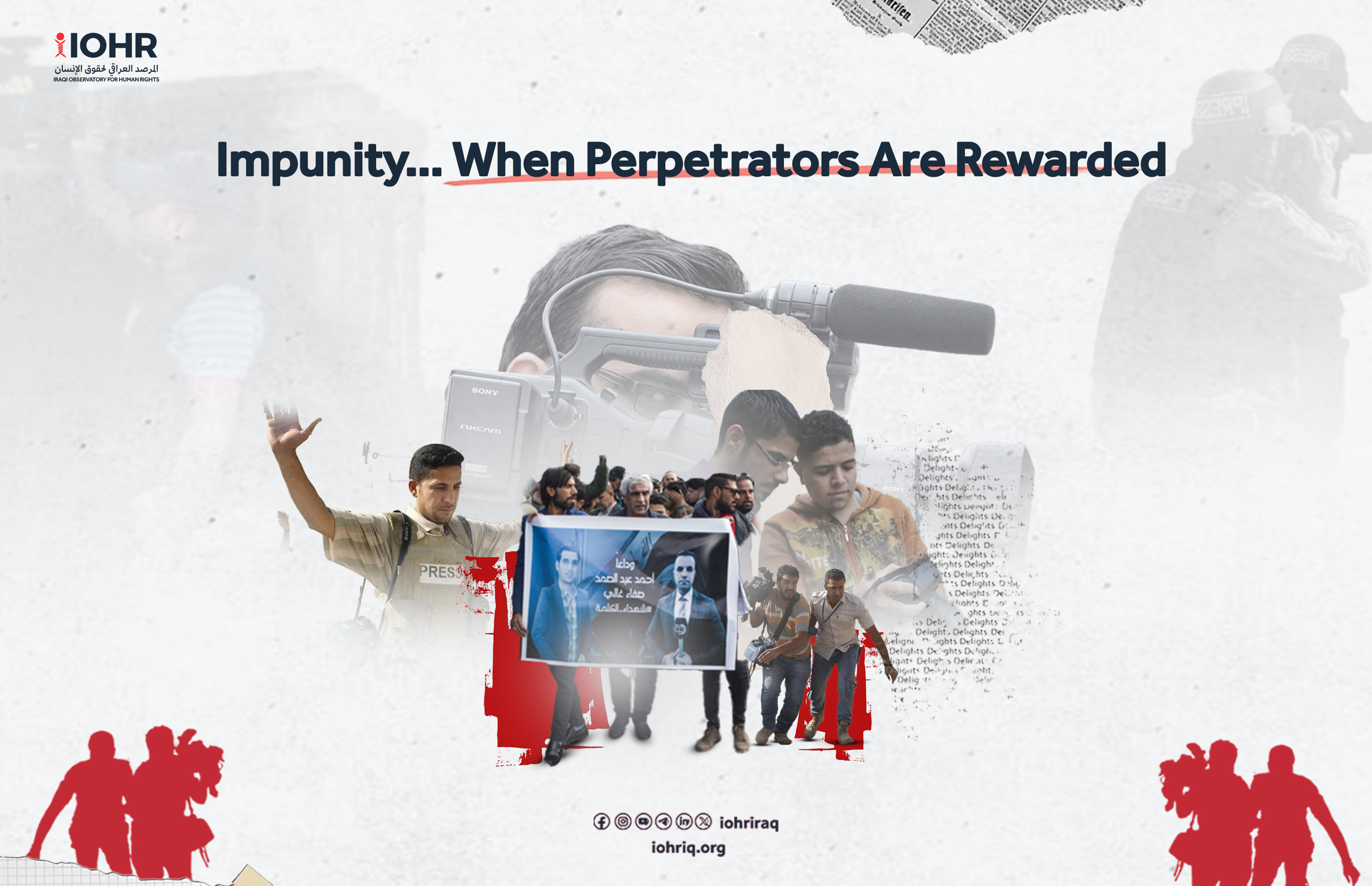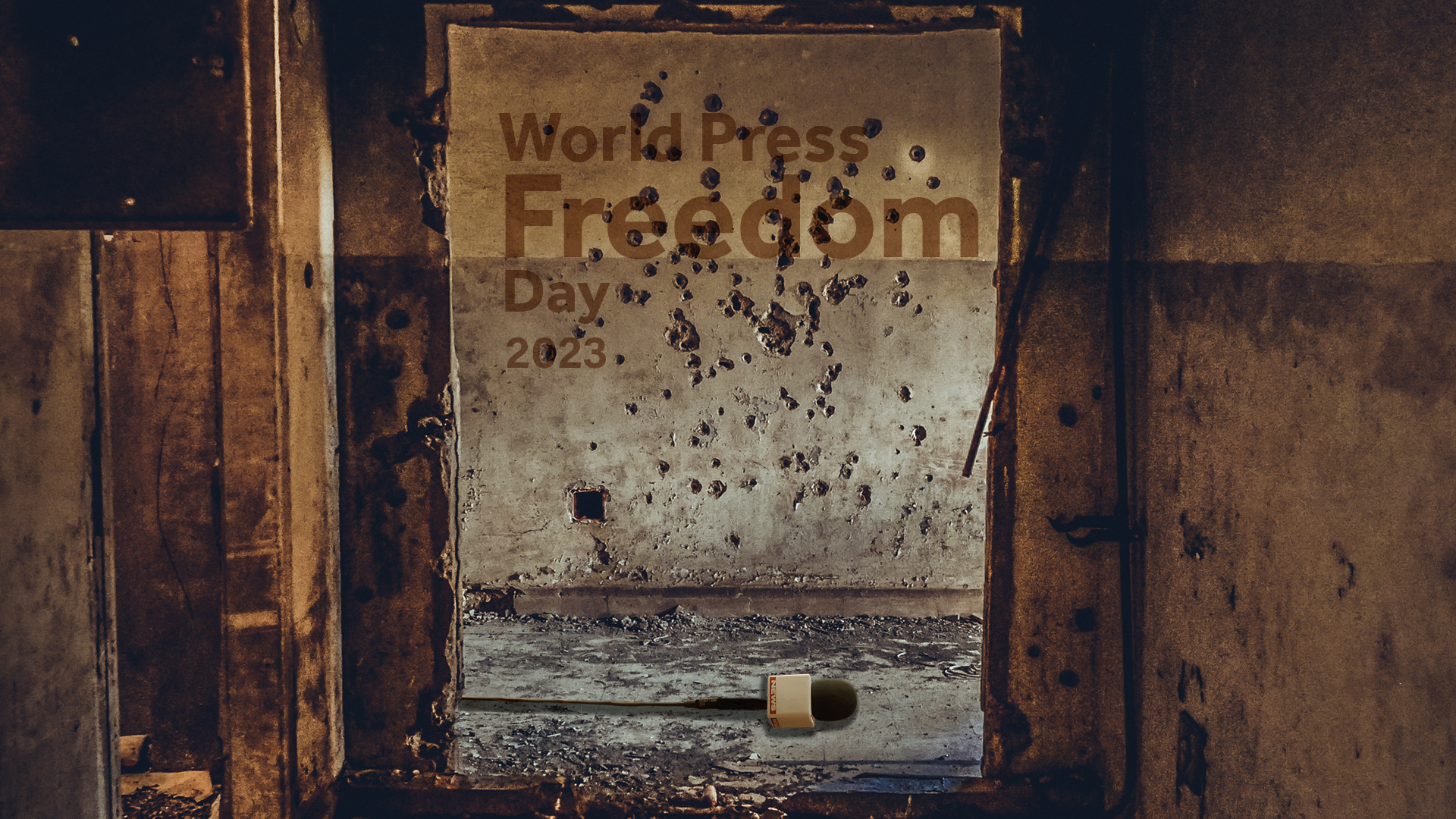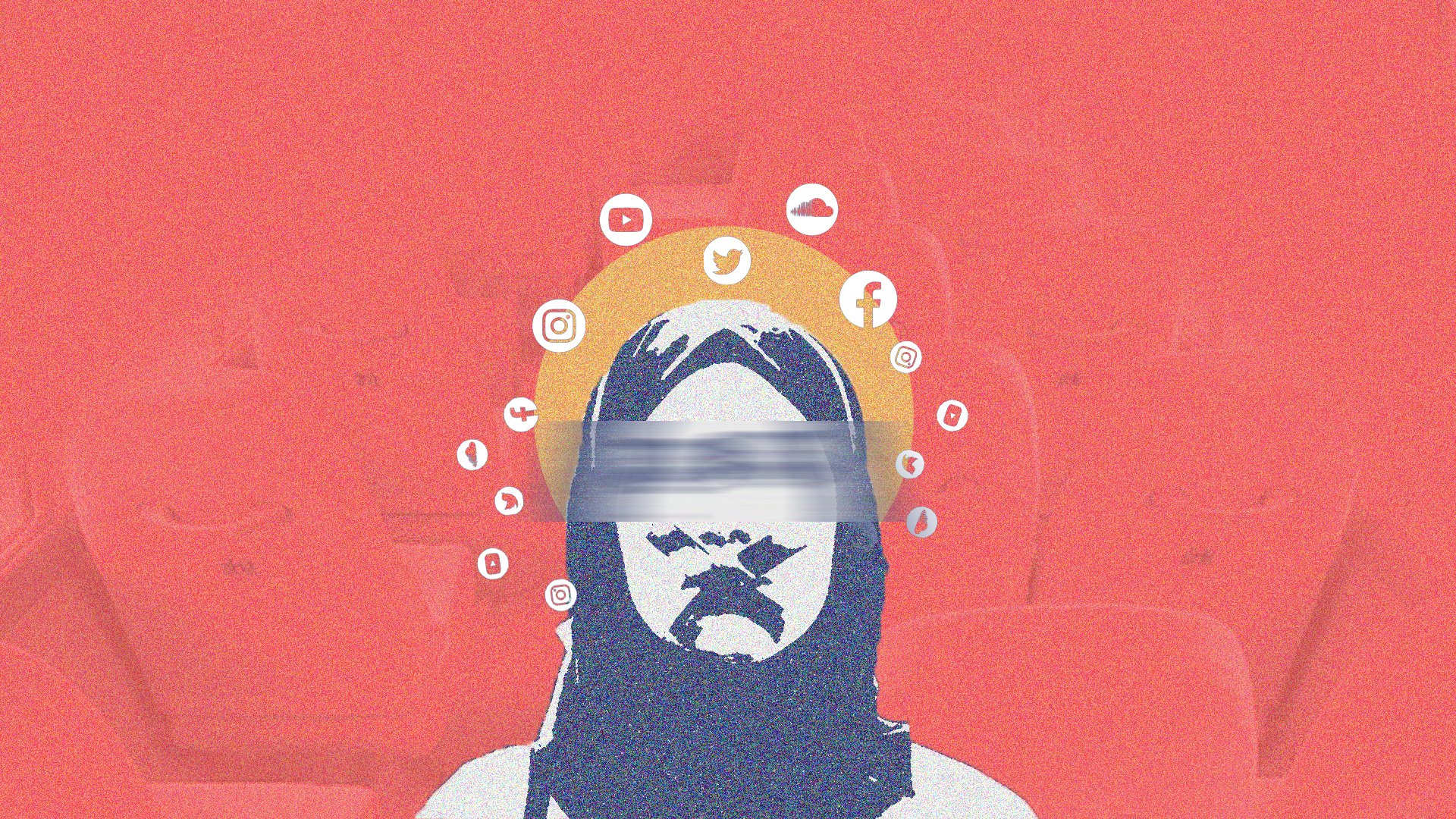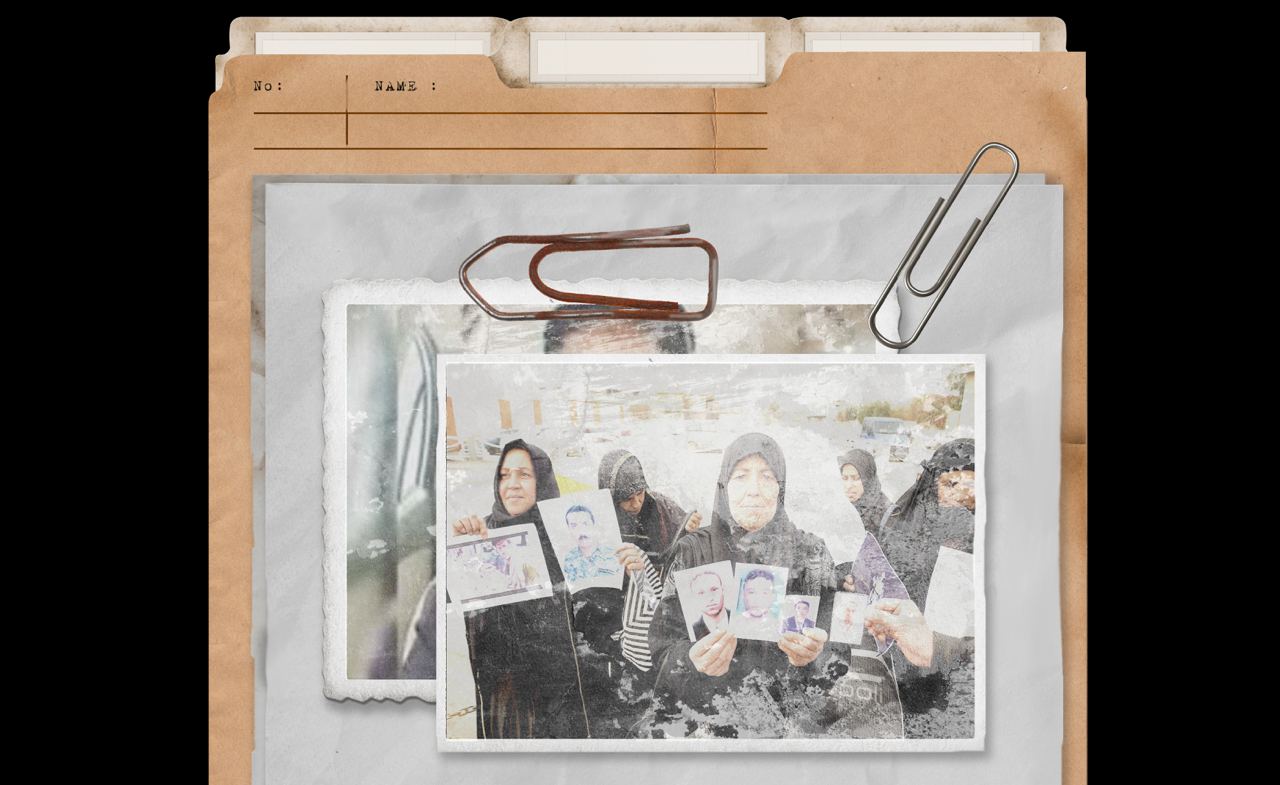This report documents cases of impunity in Iraq regarding attacks on journalists, highlighting the successive governments' responsibility for failing to conduct serious investigations into journalist killings. It reflects the significant challenges journalists face in the country, including physical and psychological assaults. The report includes direct testimonies from journalists who were attacked while covering events, underscoring the repressive environment they operate in.
The Iraqi Observatory for Human Rights (IOHR) stated on November 2, 2024, that successive Iraqi governments bear the primary responsibility for failing to conduct serious investigations into the killings of journalists over the past years. The government of Mohammed Shia al-Sudani should reopen investigations into crimes targeting Iraqi journalists and ensure accountability for those involved in such crimes.
The world commemorates the International Day to End Impunity for Crimes Against Journalists today, a date chosen by the United Nations General Assembly to honor French journalists Claude Verlon and Ghislaine Dupont, who were assassinated in Mali in 2012 while covering events for Radio France Internationale.
IOHR reported that a journalist working for a foreign agency, whose employer did not allow him to publicly testify, said, "On July 20, 2023, we arrived at the Al-Salihiya area near the Swedish embassy, where tensions were high. Shortly after our arrival, law enforcement forces emerged from the embassy and began assaulting protesters. While holding my camera to document events, one officer attacked me, kicking me in the back. I shouted, 'I'm a journalist, don't hit me!' but my cries had no effect."
He continued in his testimony to IOHR: "In the chaos, several protesters took it upon themselves to defend me and pulled me out of that situation to a safer side. I then spent about half an hour with federal police, gathering my strength. After the protesters dispersed, I contacted my colleague hiding nearby, assuring him things would be fine based on what I had heard from army officers."
He added, "Suddenly, Baghdad Operations Commander Lt. Gen. Ahmed Salim passed by us. Shortly after, an officer informed us that the commander wanted to meet us. We initially thought he wanted to speak with us, but things quickly turned. They stripped us of everything except our IDs and some cash in our pockets. I was hit by a present brigadier, who angrily asked, 'Why are you filming?' and demanded I open my laptop. Upon discovering photos documenting the protests, I was struck again. I tried to defend myself, saying I was ill, but he harshly retorted, 'Your illness can stay with you until you die.'"
He continued, "They intended to take us to intelligence for further assault, but one officer intervened, urging them to treat us with respect. They moved us to the Swedish embassy, where we were let out through the back door and then placed in a pickup truck bound for the Karrada Maryam Police Station. Upon arrival, one police officer remarked, 'I wonder why you are here. I'm only here to receive you and don't have the authority to release you.'"
He added, "We were placed in a cell with protesters, made to stand like criminals, and asked to write our mothers' names and birthdates. After waiting for some time, we were moved to a more respectful room following a call from the office of Prime Minister Mohammed Shia al-Sudani. The entire ordeal lasted from 6 a.m. to 2 p.m."
IOHR stated that journalists' testimonies highlight the severe challenges they face. Hassan Nabil, an independent journalist, reported being assaulted and shot while being detained at Al-Tayf Bank in Karrada on July 20, 2023. The bank’s guards fired at him, injuring his brother in the right arm. Despite filing a complaint, Nabil encountered significant obstacles due to a police officer's cooperation with the bank, leading him to file a complaint against the officer a year and three months later, according to his testimony to IOHR.
Nonetheless, he faced unfair treatment in the Karrada Investigation Court, where he was not given the appropriate opportunity to adjust the legal classification of the charges.
On August 19, 2023, Amer Al-Khafaji, a correspondent for Alsumaria channel, experienced violations while covering protests by medical and health professionals. He was banned from filming, dragged, and detained for three hours, passing through three police stations. Although he was barred from filing a complaint, the Al-Rusafa police raised a malicious case against him following their commander’s orders. However, Amer contacted the Prime Minister’s Office, which led to the formation of a security committee to investigate the incident. Still, he chose not to pursue a legal complaint in Iraqi courts due to work commitments and the cost burden of legal fees, opting instead to call on responsible entities to end the abuses and issue a formal apology.
Press freedom in Iraq continues to face substantial challenges, with journalists living in a constant state of fear and anxiety. Despite political changes in the country, impunity persists, making journalistic work fraught with risk. The current government must take concrete steps to improve conditions, including reopening files on attacks against journalists and enhancing accountability mechanisms to ensure justice.
IOHR emphasized that for nearly two decades, Iraq has suffered from a culture of impunity, where attacks against journalists increase in an environment rife with tension and threats. Since 2003, 475 journalists and media workers have been killed, with perpetrators held accountable in only two or three cases. These statistics indicate a high level of impunity, placing Iraq among the most dangerous countries for journalism.
A photographer covering events for an international agency stated, "At 6 a.m. on July 20, 2023, there was an exchange between riot police and protesters demonstrating in front of the Swedish embassy over the Quran burning in Sweden. At that critical moment, I had to make a quick decision: do I move towards the security forces or towards the protesters? I knew that whichever side I chose would be counted against me."
He decided that the safer choice was to head towards the security forces. What happened next was beyond his expectations. He witnessed a violent assault on another photographer named Amer, which made him realize the situation was spiraling out of control.
Upon seeing them arresting Amer, he packed up his equipment and sent the photos he had taken to his agency, informing his manager that he would return to the office. However, before he could move, security forces shouted at him, forcing him to leave his cameras on the ground. At that moment, he sent an urgent message stating he was being detained along with other colleagues, and raised his hands as a sign of surrender.
He added, "As a large number of security forces gathered around me, I was struck by their hands and batons, including a metal stick. I received blows to my kidneys and head amidst harsh insults. I was treated as though I were a spy," with someone telling him, "You support the protesters." With his health deteriorating, he tried to speak with an officer, who turned out to be named Qasim, but he faced further humiliation and was ordered into a vehicle.
He was transported to a police station, hoping the situation would improve. However, he was confronted with baseless accusations, such as participating in the embassy burning. When he attempted to defend himself, he was cursed at.
He added, "Our names were registered three times, while the officers continued cursing us. One officer ordered our transfer to another location. At the Karrada Maryam Police Station, we found five other people on the ground, whom I recognized as protesters. They put us all in one cell. Our names were recorded multiple times. They led us into a small room, about four by four meters, packed with around 20 people, some of whom were bleeding."
He added, "The pressure and tension continued, and civilians dressed in plain clothes began taking our names and photos, as if we were suspects. When asked if we had been beaten, we feared that admitting so might result in being transferred elsewhere, where our fate could become uncertain."
Additionally, journalists face difficulties documenting assaults due to a lack of effective mechanisms for investigation and prosecution of offenders. Many hesitate to report assaults out of fear of retaliation or a lack of justice.
Maintaining press freedom and providing a safe environment for journalists requires collaborative efforts from the government and civil society organizations. Ensuring journalists’ protection and rights is essential for building a democratic Iraq that promotes freedom of expression and human rights.
Mohammed Farid, a correspondent for Al-Ahd channel, said, "I was assaulted, prevented from filming, and verbally abused, with my camera smashed. Despite filing a lawsuit through the channel’s lawyer, the procedures did not yield effective results, and a reconciliation was reached after the ministry apologized. I faced severe pressures, and it was challenging to get support from my organization. Such incidents are often considered trivial, leaving journalists feeling isolated."
Qusay Shafiq, a program host known for his posts on Twitter about corruption issues, stated, "I faced serious assaults, including having my home bombed and being arrested in 2021 and 2023 on publishing charges. Despite filing complaints against the assailants, cases involving political figures are closed after prolonged delays, reflecting the complicity of the Iraqi Journalists Syndicate in reinforcing the culture of impunity." Qusay expresses his frustration, saying, "Justice has become a distant dream. We work in a hostile environment where many hesitate to report violations for fear of consequences."
Journalism in Iraq is a real challenge. While it is a cornerstone of any democratic society, the environment journalists work in is marked by continuous threats and severe risks.
IOHR stated that the current circumstances reflect an inability to pursue and punish perpetrators, as impunity has become a common pattern. This situation fosters a culture of fear among journalists, making them more cautious when addressing sensitive topics.
Journalists in Iraq face multiple challenges, including the absence of effective investigative and judicial mechanisms to prosecute crimes committed against them. Although investigative committees have been formed, most have failed to yield tangible results.
IOHR noted that many journalists hesitate to report the attacks they face, fearing retaliation or a lack of justice.
The lack of accountability encourages more attacks, increasing the risks journalists face. The ongoing impunity undermines basic human rights and perpetuates violations.
The government of Mohammed Shia al-Sudani must commit to protecting human rights and reopening investigations into crimes committed against journalists. Perpetrators must be held accountable, and the necessary protections must be provided for journalists.
IOHR calls on the Iraqi government to develop effective mechanisms for investigating crimes committed against journalists, ensuring perpetrators are held accountable through transparent and accountable investigative processes. The government should also provide journalists with comprehensive protection programs, including legal and psychological support, and implement effective security measures to ensure their safety while performing their duties.




